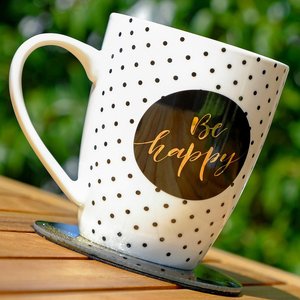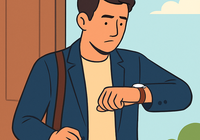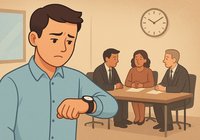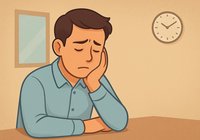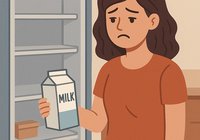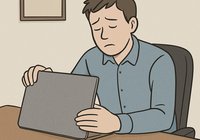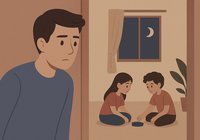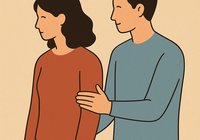| V1 | V2 - Past Simple | V3 - Past Participle |
|---|---|---|
be [biː] | was, were [wɔz], [wɜː] | been [biːn] |
to be
| ||
Example Sentences Using the Irregular Verb be
- You are always so helpful. ("Are" is used with "you" in the present simple tense.)
- Yesterday, the weather was perfect for a picnic. ("Was" is used with "the weather" in the past simple tense.)
- I have been to that restaurant before. ("Been" is the past participle used with "have" in the present perfect tense.)
Features of Using the Verb be
In English, the verb "to be" changes depending on the pronoun it is used with. In the present tense, there are three forms: am, is, are.
✅ "Am" – used only with "I".
📌 I am hungry.
✅ "Is" – used with he, she, it.
📌 He is a great musician.
✅ "Are" – used with we, you, they.
📌 You are very smart.
The irregular verb “be” is often used in phrasal verbs in English.
Popular Phrasal Verbs with the Verb be
be about to
to be on the point of doing something (imminent future)
be after
to try to obtain or pursue someone or something
be against
to oppose or disagree with someone or something
be along
to arrive soon
be away
to be absent or not at home
be back
to have returned to a place
be behind
to be late or delayed
be down
to not be working or functioning
be for
to support or favor something
be in
to be at home or in a particular place
be into
to be interested in or enthusiastic about something or someone
be off
to leave or depart
be on
to take place
be out
to be absent or not at home
be out of
to have no more of something
be over
to have finished
be through
to have finished something
be up
to be awake; not sleeping
be up to
to be doing something (often secretly or mischievously)
be with
to support or agree with someone

